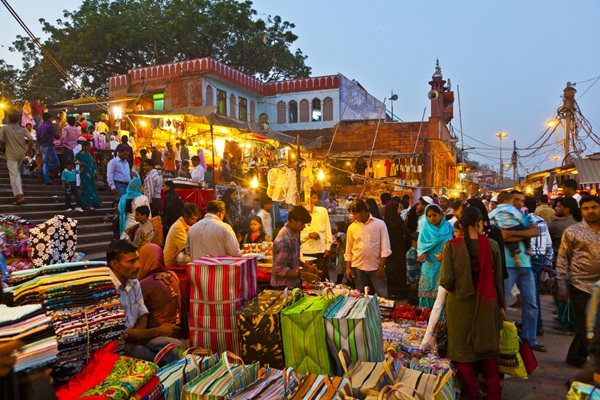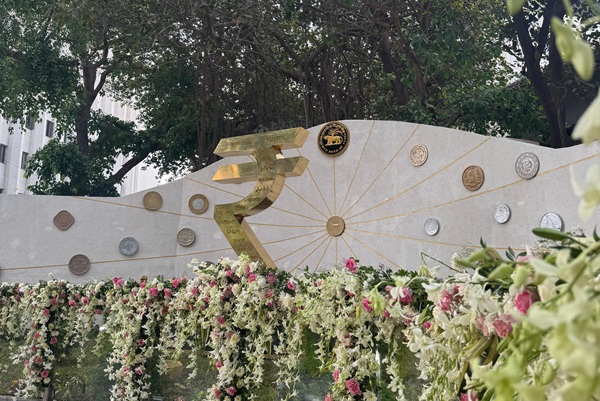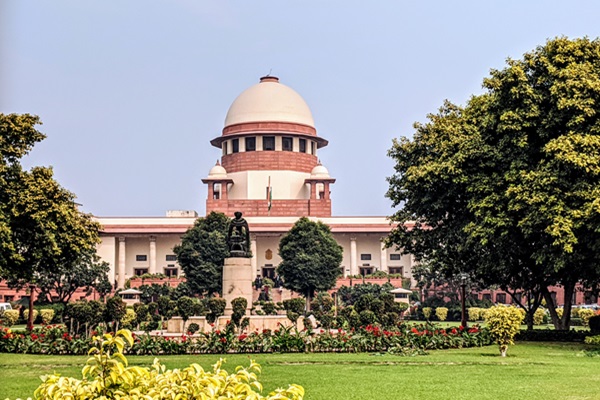.png)
Nobel Committee’s Trump Problem
From peace talks to bleach cures, Trump’s legacy baffles the Nobel Committee: too vast for one medal, inspiring a new prize for sheer unintended innovation.
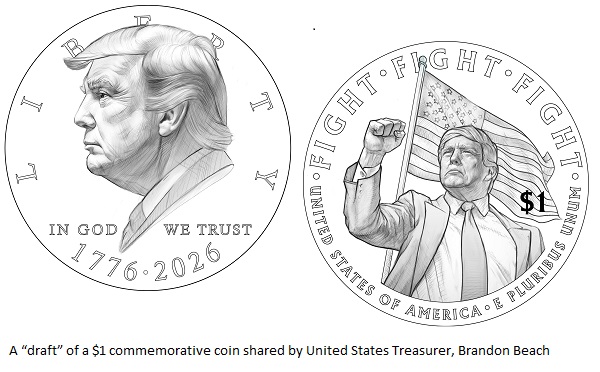
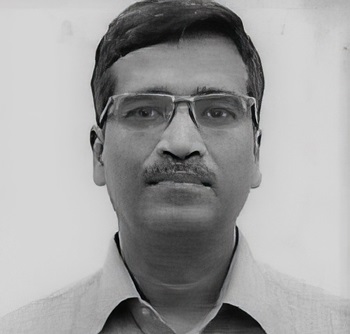
By R. Gurumurthy
Gurumurthy, ex-central banker and a Wharton alum, managed the rupee and forex reserves, government debt and played a key role in drafting India's Financial Stability Reports.
October 4, 2025 at 7:13 AM IST
The Nobel Committee is not usually known for indecision. It meets each year with Scandinavian calm, weighs the merits of scientists, economists, peace brokers, and writers, and distributes medals with quiet dignity. But this year, the committee is paralysed. The problem has a name, and that name is Donald J. Trump.
Which Nobel should he get?
On paper, the Peace Prize seems the obvious fit. After all, Trump did broker the Abraham Accords, though he once described them as “a deal between countries I can’t quite pronounce, but they were very happy.” He announced the end of America’s “endless wars” in Syria and Afghanistan, even as troops continued rotating in and out like seasonal tourists.
He invited the Taliban to Camp David for peace talks on the anniversary of 9/11 - an idea one committee member described as “peace-through-party-planning.” And, of course, there were the “love letters” with Kim Jong-un, which scholars now rank alongside the world’s most surreal diplomatic correspondence. “Peace, war, love notes… all blended together,” sighed one juror.
“We haven’t seen this level of creativity since Alfred Nobel accidentally blew up his own lab.”
Then comes the case for Economics. Trump was the rare leader who turned the Federal Reserve chair into an Apprentice contestant. He berated Jerome Powell in public, demanded negative interest rates, and slapped tariffs on anything that moved.
His philosophy was refreshingly direct: deficits don’t matter, tariffs make America great, and if growth falters, just tweet at China. “It isn’t exactly Keynesian or Monetarist,” explained a puzzled economist on the committee. “It’s more… Because-I-Said-So-nomics.”
Medicine presents another dilemma. Trump famously mused about disinfecting the body with bleach and investigating “very powerful light inside the body.” He also teamed up with Robert F. Kennedy Jr. to sow vaccine doubt, inadvertently proving that misinformation can spread faster than any virus.
One committee member praised his contribution as “epidemiological improvisation at its finest.” Another countered: “If Alfred Nobel invented dynamite, Trump invented the public health hand grenade.”
The hard sciences have not been spared either. Physics and Chemistry normally celebrate breakthroughs in dark matter or nanotechnology. But Trump brought his own brand of innovation.
He declared windmills a cause of cancer, accused them of bird massacres, and railed against renewable energy with the conviction of a man personally wronged by a solar panel. Chemists, meanwhile, admire his bleach theory as “an untested but certainly memorable attempt at applied household science.” “He may not have solved the energy crisis,” mused one juror, “but he solved the comedy shortage in scientific conferences.”
Even Literature makes a strong claim. Trump coined “covfefe,” a word as impenetrable as any produced by James Joyce. He once referred to Azerbaijan as “Aberbaijan,” contributing, according to one linguist on the committee, “to the emerging field of geopolitical phonetics.” His speeches, full of digressions, repetitions, and invented words, might not win Pulitzers, but they have a certain dadaist charm.
Faced with this surplus of accidental innovation, the Nobel Committees concluded that no single award could do him justice.
For the first time in its history, the Nobel Foundation will inaugurate a new category: The Nobel Prize for Lifetime Achievement in Unintentional Innovation.
“This is unprecedented,” admitted a spokesperson. “Most laureates advance knowledge. Mr. Trump advances confusion, which in its own way has forced humanity to think harder about peace, economics, medicine, and spelling.”
Yet even here, the Swedes have exercised caution. The award has been deferred until next year. “We must wait,” explained one juror. “Who knows what new fields he might invent—Quantum Tweeting? The Physics of Golf Carts? The Chemistry of Hairspray?”
And so, the Trump Nobel remains pending. Stockholm waits nervously, polishing a medal unlike any other: oversized, gold-plated, and vaguely shaped like a Big Mac.
